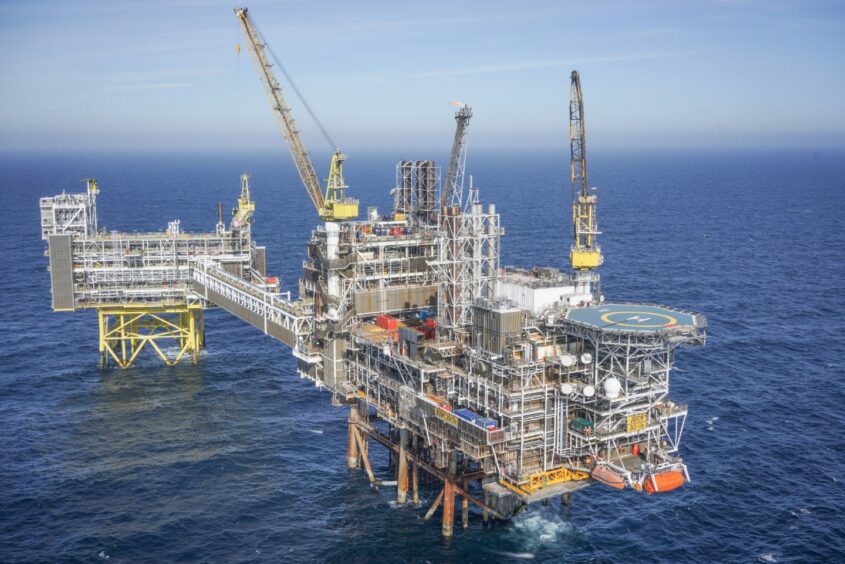As the dust settles from another round of job losses at Aberdeen firm Harbour Energy, the voices of those directly and indirectly affected are growing louder – and angrier.
Aberdeen residents, North Sea veterans, engineers, and industry leaders are expressing deep concern that the UK Government’s windfall tax is hollowing out the city’s workforce, while Westminster remains detached from the human cost.
“People are sad, they are worried – but no one is surprised,” said Kerry Smyth, Harbour Energy technical support manager, after the firm axed another 250 jobs last week.
It brings the total redundancies at Harbour alone to 600 in just two years – and follows a series of cuts across the energy industry in recent weeks.
Aberdeen job cuts
The culprit, she says, is clear: the UK Government’s Energy Profits Levy, which imposes a 78% tax on profits from oil and gas production in UK water.
Online her comments struck a chord and sparked a wave of reaction, not just from energy workers, but from a city that increasingly feels abandoned.
William Elliott voiced concern about the knock-on effect: “600 well-paying jobs in Harbour means spending power of those 600 people in their local community is gone. Quadruple the job losses and you might get somewhere near.”
Others pointed to the consequences already playing out in the region.
Fergus Stewart, a senior engineer at Wood, asked: “How many of the laid-off personnel will go to the Middle East, taking their tax revenue and spending power out of the UK?”
Nana Morrison said the oil and gas job cuts have a “negative impact on the whole community”.
Skilled trades lost
Tech entrepreneur Elizabeth Clark, who recently returned to the city for her father’s funeral, was taken aback by how much Aberdeen had changed: “In the 80s and 90s it was buzzing. Now there’s hardly any shops or people.
“We did oil and gas brilliantly and exported our expertise all over the world. I don’t know how it will recover from this.”
For Colin Burrows, it’s about more than just job numbers: “Losing the skilled trades is bad enough, but the ripple effect within the communities is also disastrous.”
Mo Mansoori, a lead at NEO Energy, said: “I personally am worried about being in a situation where domestically sourced energy will be so low that in uncertain geopolitical times such as we’re facing will put the UK in a very weak position.”
Many said domestic energy production is being stifled while the UK increasingly relies on imports.
“It’s sad to see, switch off the taps and see how the UK operates and then the rest of the UK starts to see the hardships,” warned drilling advisor Phil Duff.



Conversation